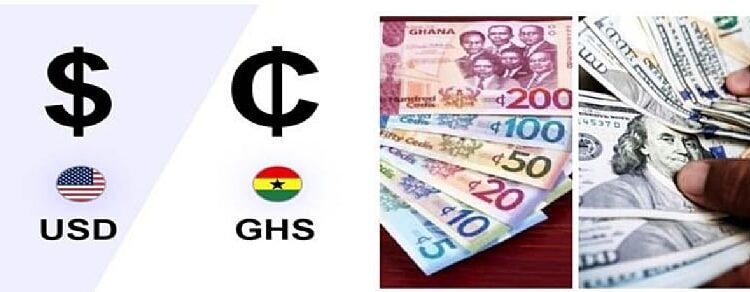Nigeria’s private sector continued to expand at end-September 2021, with business conditions improving rather modestly, according to IHS Markit.
During the period under review, new business orders, employment and stocks of purchases experienced upticks, but output growth moderated for the second consecutive month. However, business sentiments over the ensuing months showed optimism.
Material scarcity and unfavourable exchange rate movements exerted upward pressures on costs, however, leading to a record rate of purchase price inflation. Consequently, this fed through to a steep rise in selling prices.
“Forex liquidity pressures continue to impact on purchase prices and consequently output prices. This is well seen in the month-on-month inflation numbers. Indeed, month-on-month inflation rate increased slightly to 1.02% in August compared to the 0.93% recorded in July.”
Muyiwa Oni
The headline Purchasing Managers Index (PMI) registered for the month was 52.3, reflecting a slight improvement to that of the previous month.
“Notably, the Nigerian private sector activity remained strong with the index registering a score above 50.0 for the 15th consecutive month, a trend we expect to continue for the rest of the year given the lax public health restrictions and gradual improvement in economic activities.”
Muyiwa Oni
Contributory to the improvement was a solid and accelerated rise in new orders, which respondents mostly linked to the securing of new clients. However, exports fell, and at the quickest rate since December 2020 amid persisting international COVID-19 restrictions.
Nevertheless, firms increased output to meet growing demand, but the expansion was only modest and could not match up with the rate of new order growth. Also, cash and material shortages reportedly hindered some firms’ ability to raise output.
Sectors of the economy record expansion
Furthermore, all the sub-sectors recorded expansions, with manufacturing seeing the strongest uptick followed by wholesale and retail, services and agriculture, respectively.
Firms raised purchasing activity sharply in September 2021. Also, the quest to mitigate supply and price shocks in the future led to stockpiling. Thus, stocks of purchases rose at the fastest rate compared to the previous year.
On the bright side, vendor performance benefitted from quieter road conditions and advance payments. Likewise, suppliers’ delivery times improved to the greatest extent since December 2020.
Furthermore, higher raw material and commodity costs as well as unfavourable naira-dollar exchange rate movements led to a substantial increase in input expenses. Purchase costs rose at the quickest rate in nearly eight years of data collection.
Following this, firms were able to pass on part of the increase to clients, however, with charge inflation, the second-strongest in the series to date.
Muyiwa Oni, Head of Equity Research West Africa at Stanbic IBTC Bank commented:
“We also observed that the imported food index has been trending upward, albeit stickily; as in January it was at 16.01% year-on-year, and 17.12% year-on-year by August 2021. This may be due to the exchange rate adjustments this year and the resultant impact.
“Increasing reports of vandalism and pipeline sabotage puts downside risk on oil production in the short to medium term. However, the likely increase in investments in the Oil and Gas sector following the signing of PIA into Law could drive production growth over the medium to longer term.”
READ ALSO: Stocks Trade mixed to kick off October With MAC Share Under Pressure























